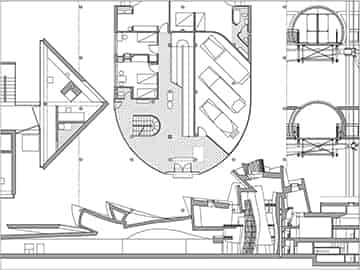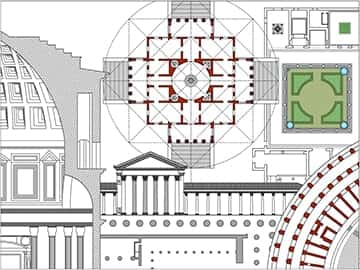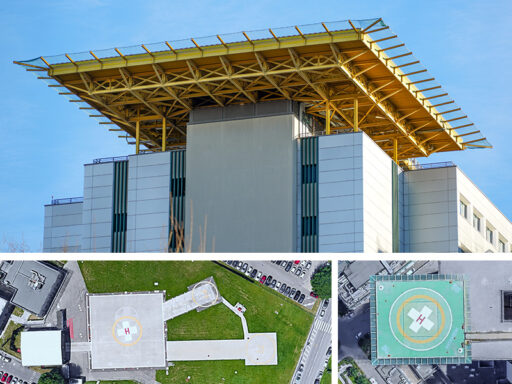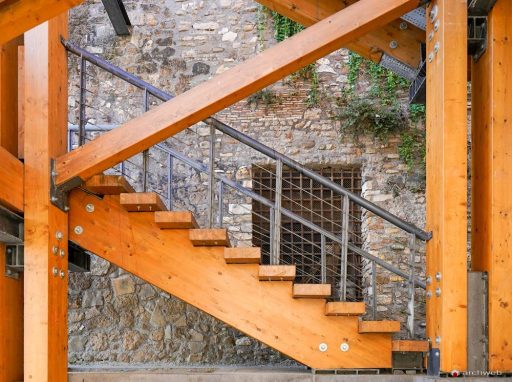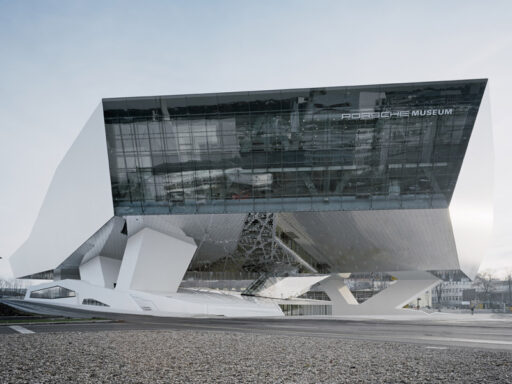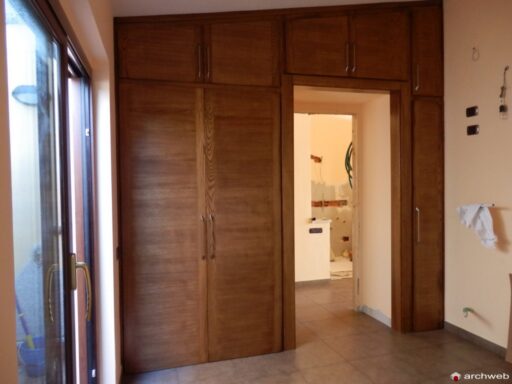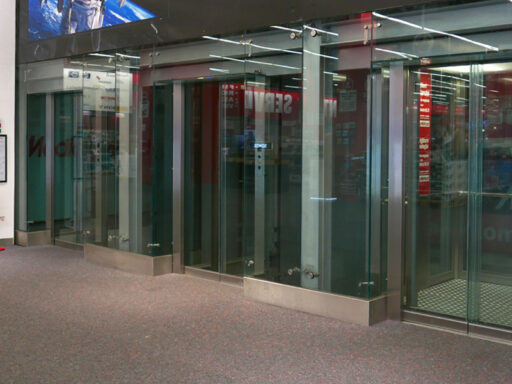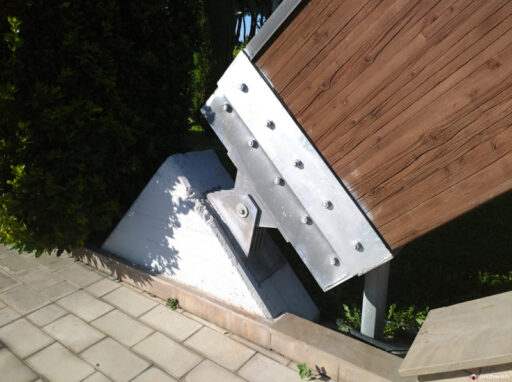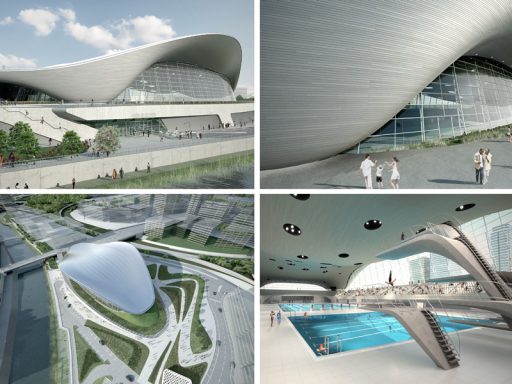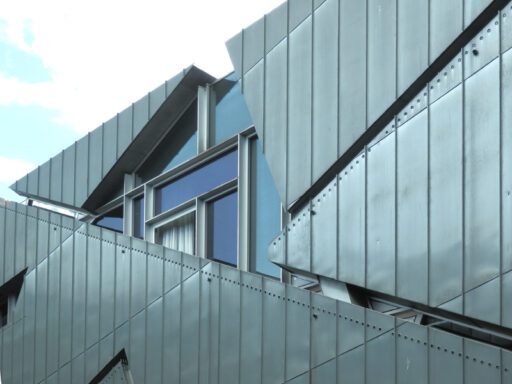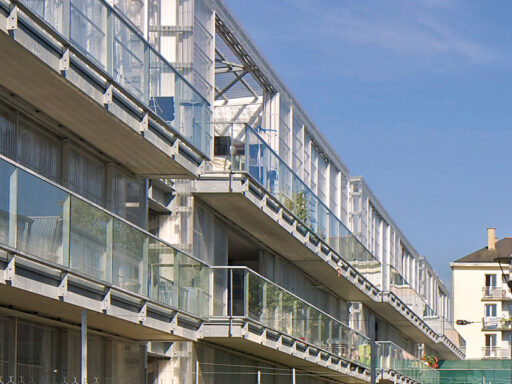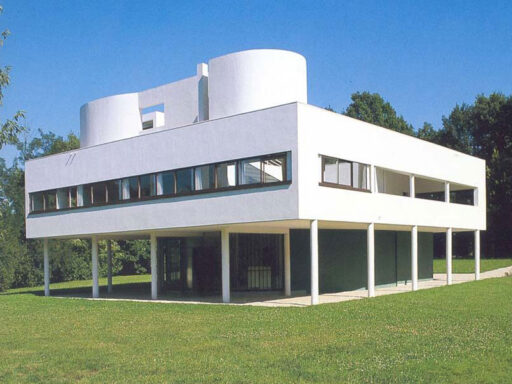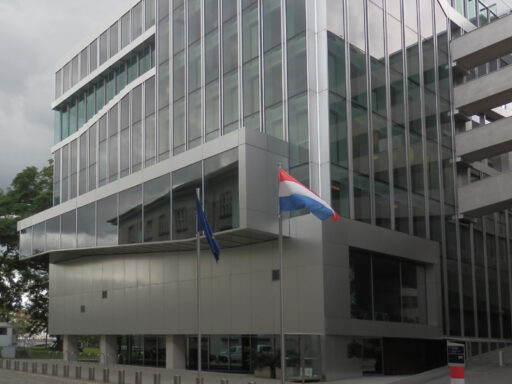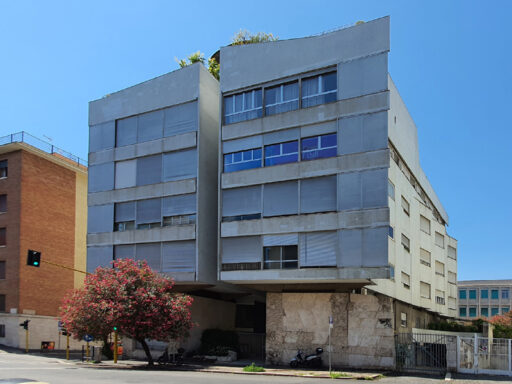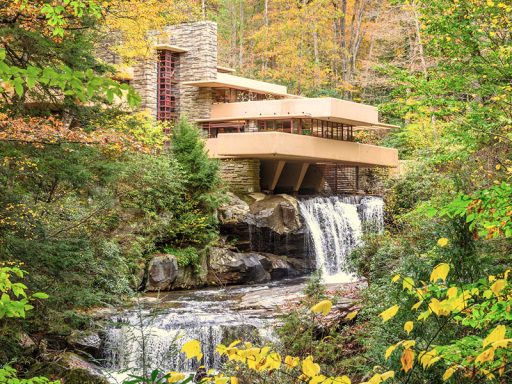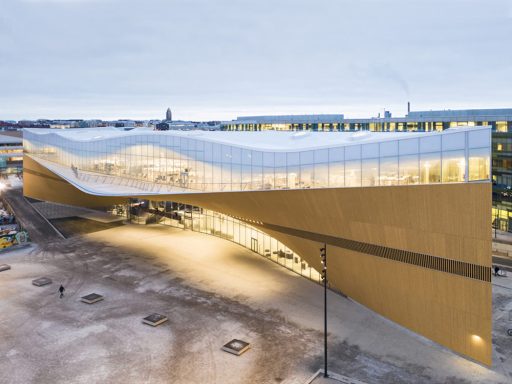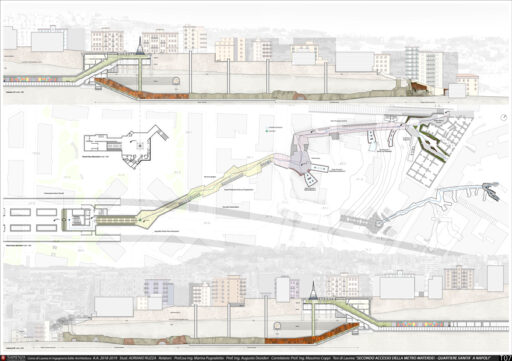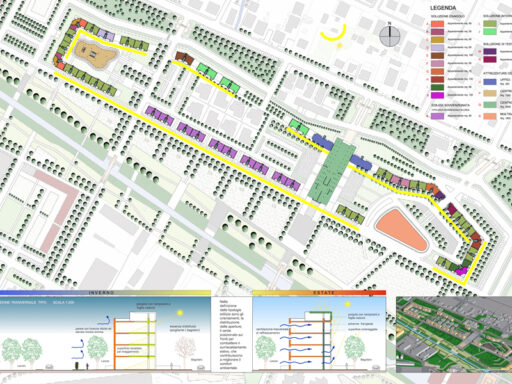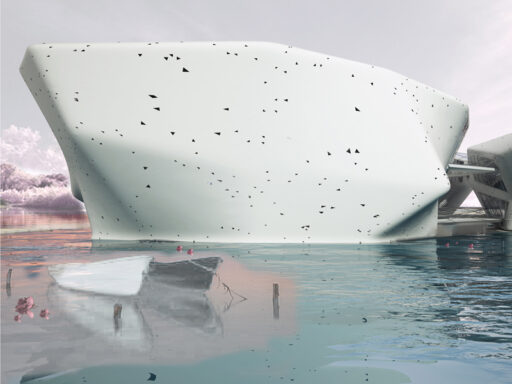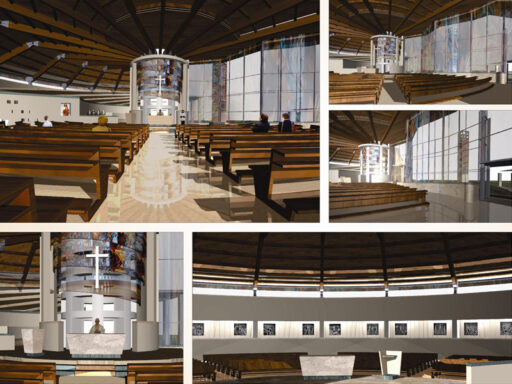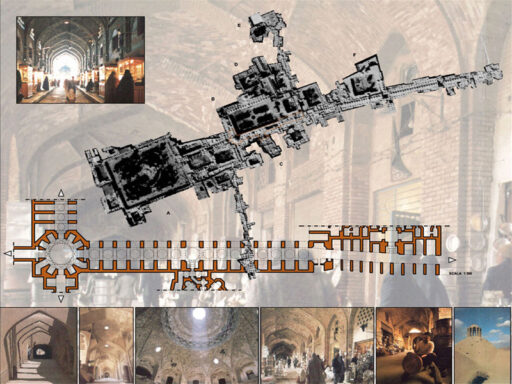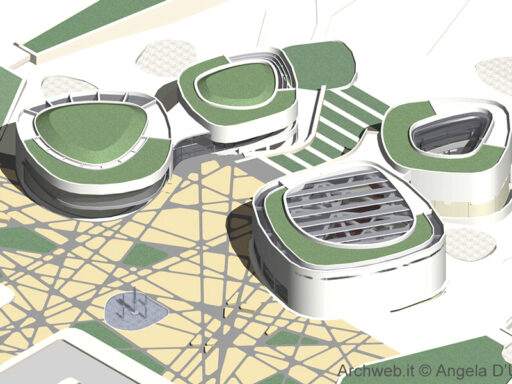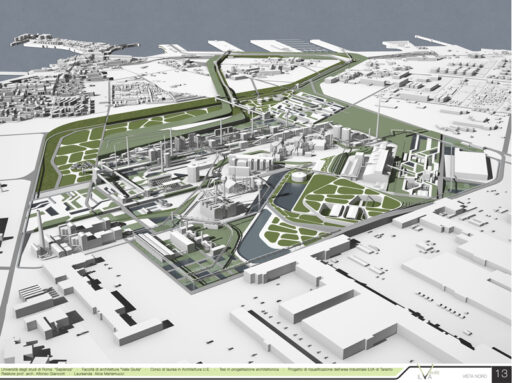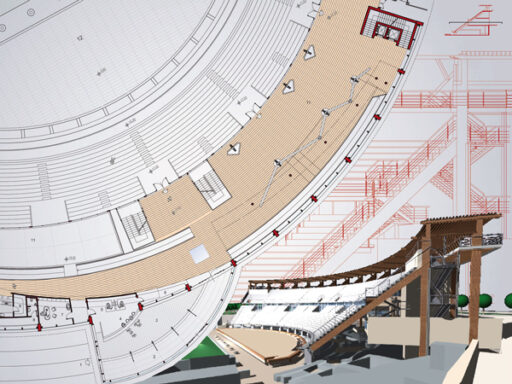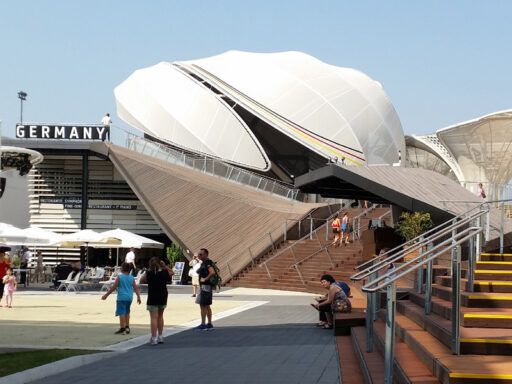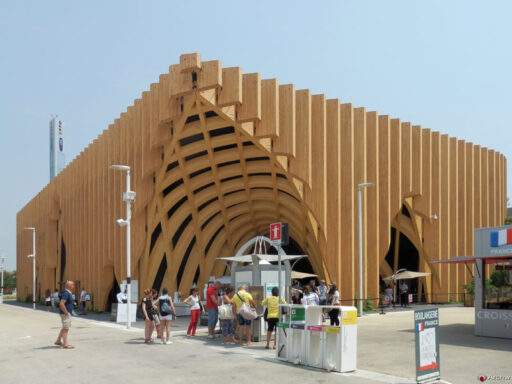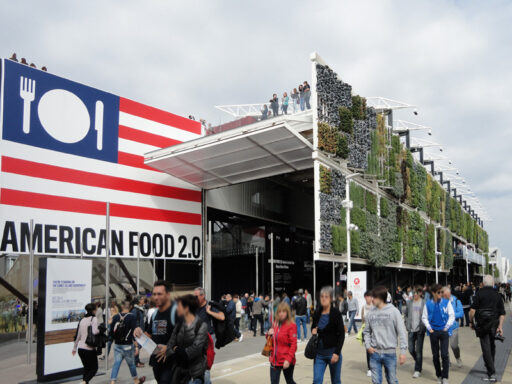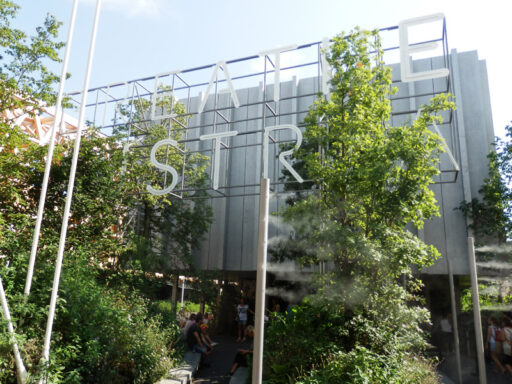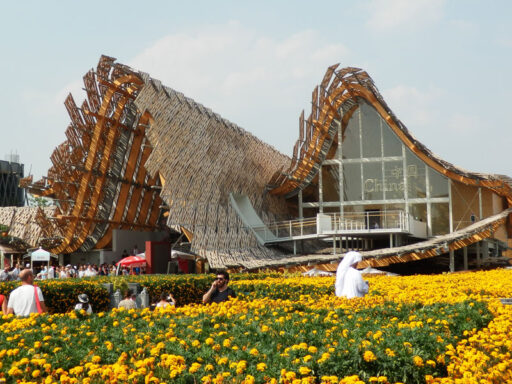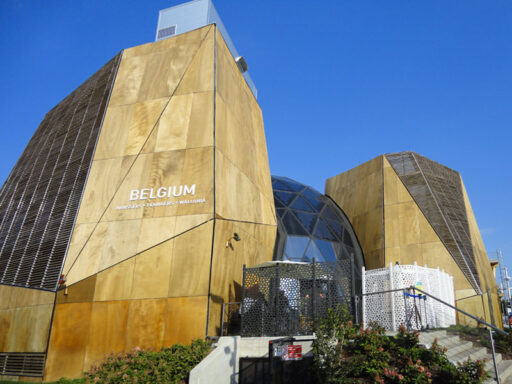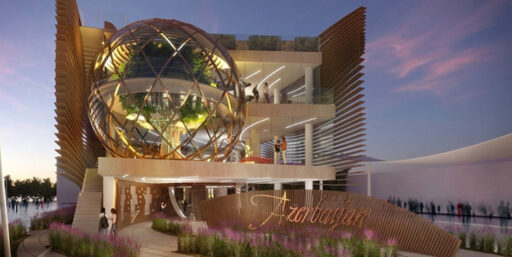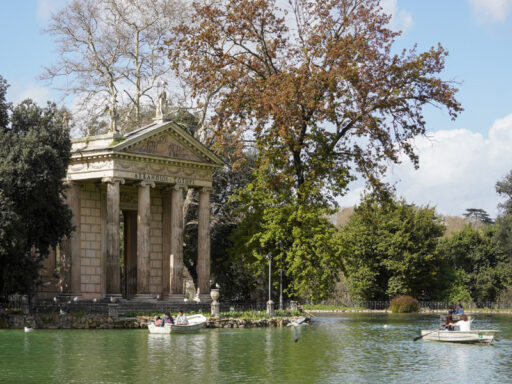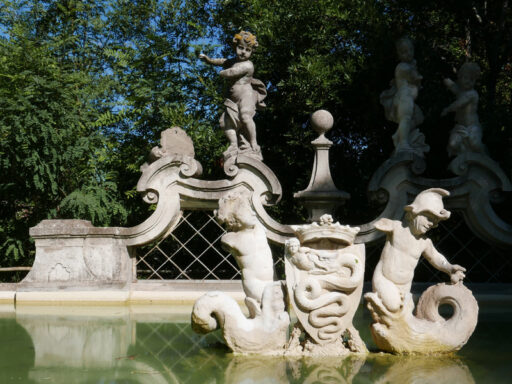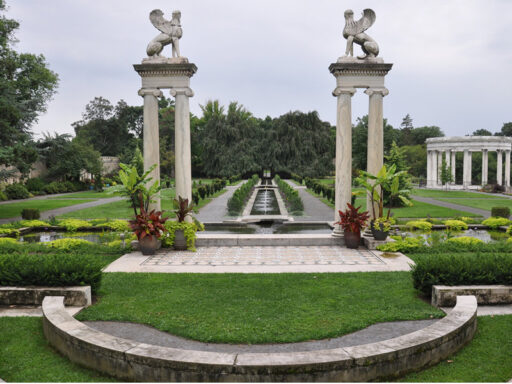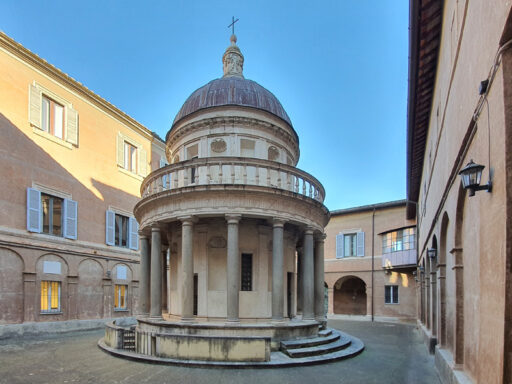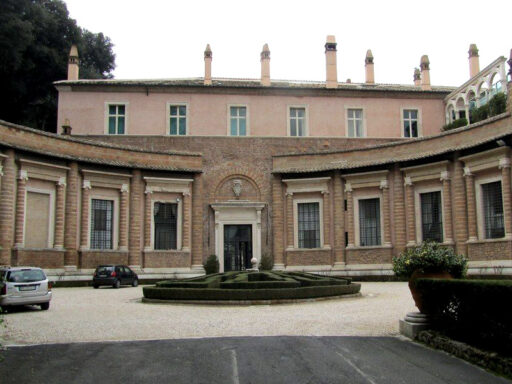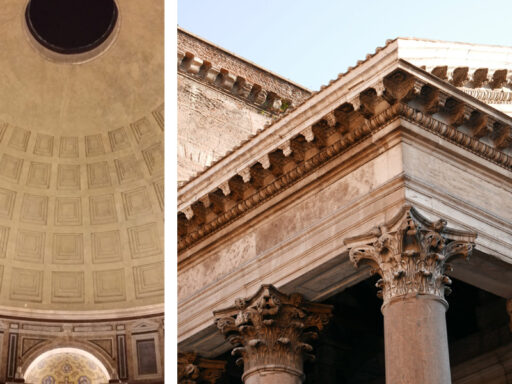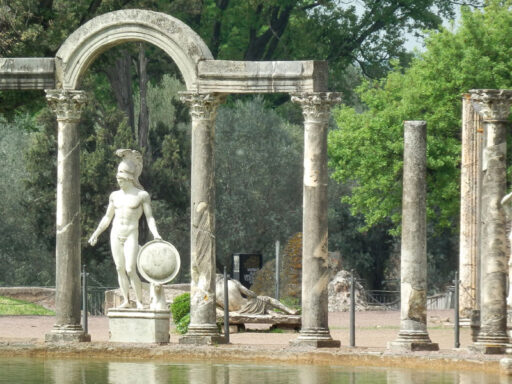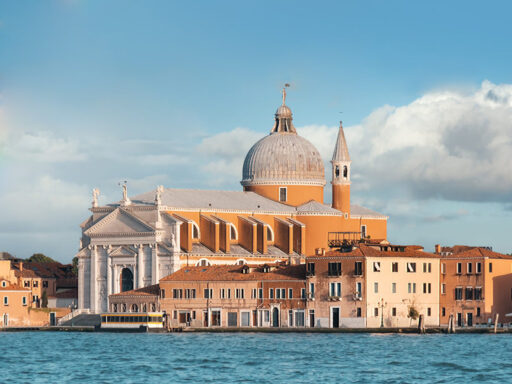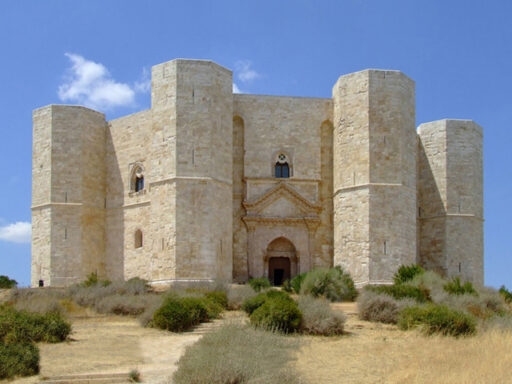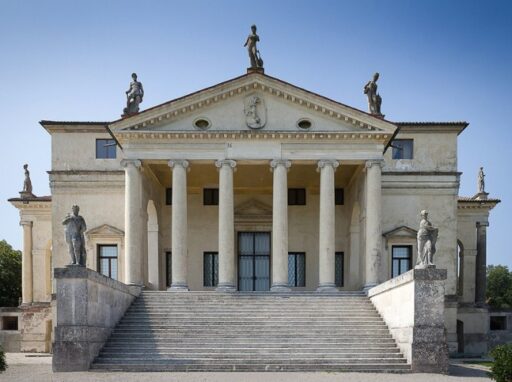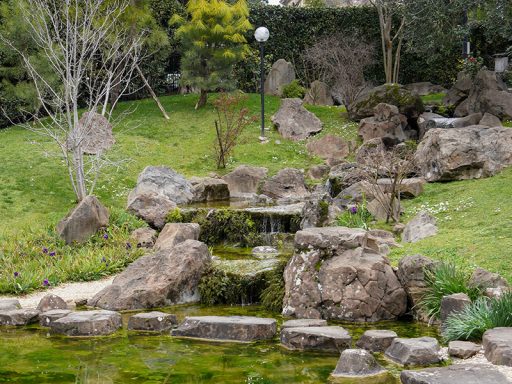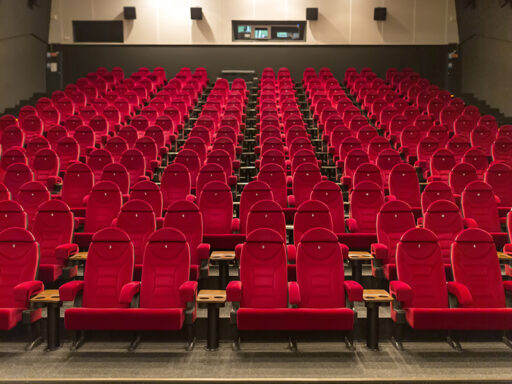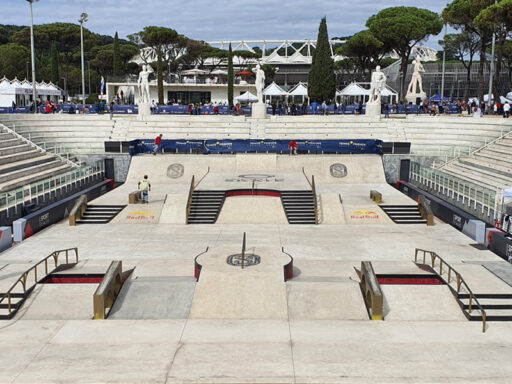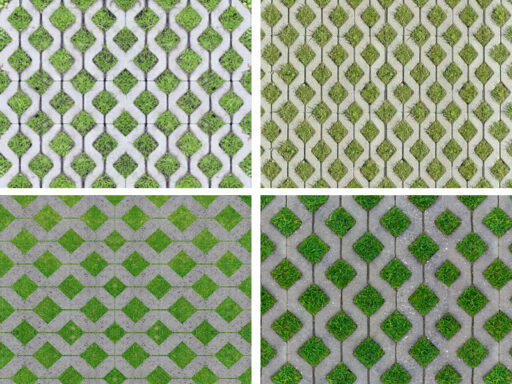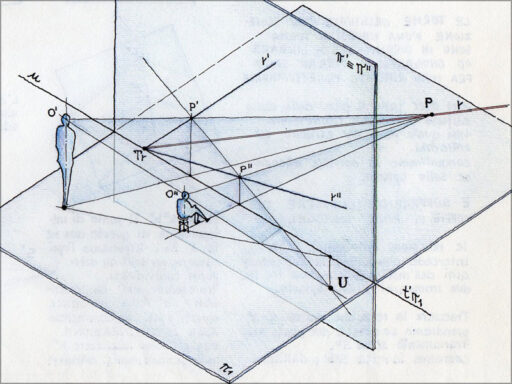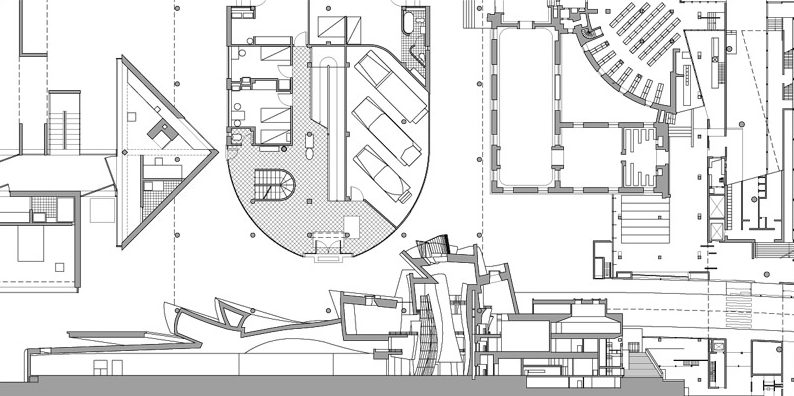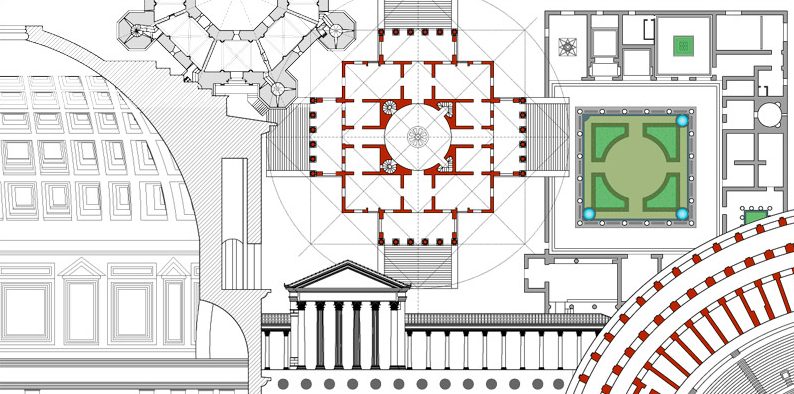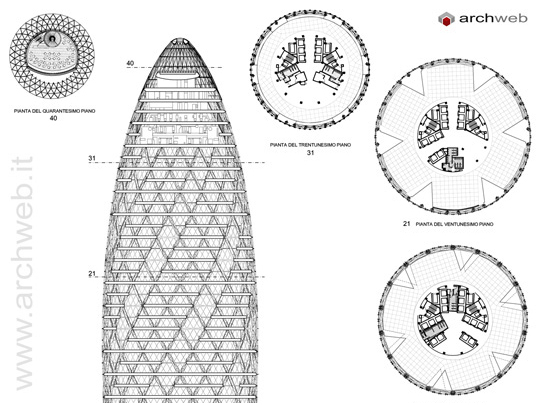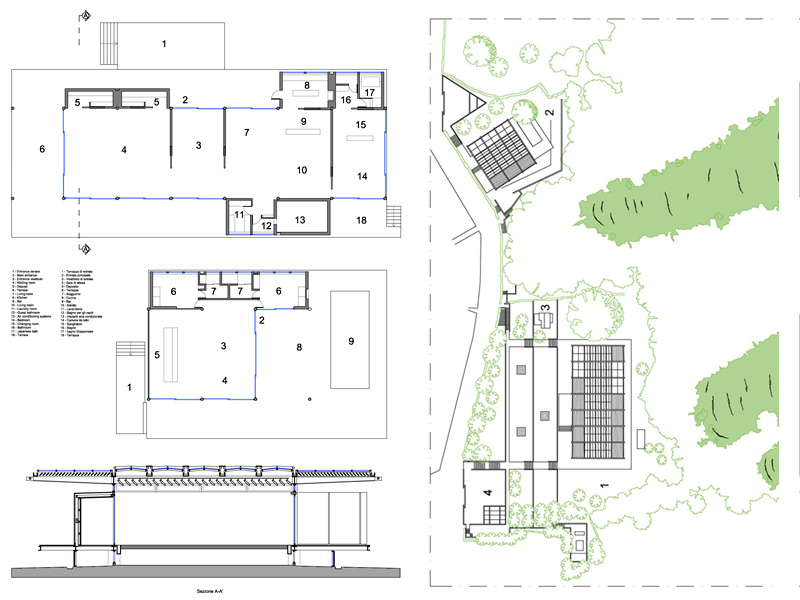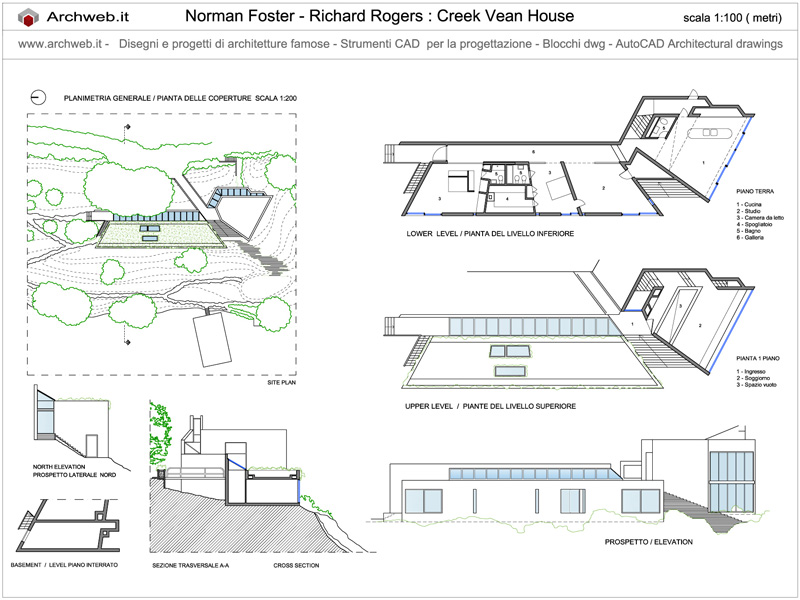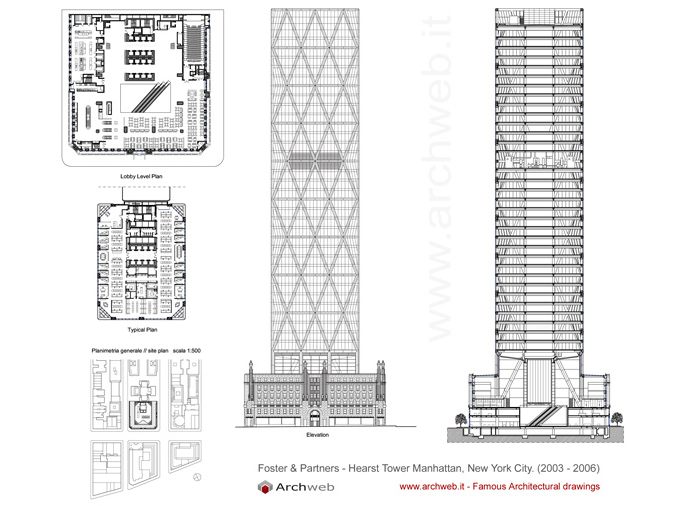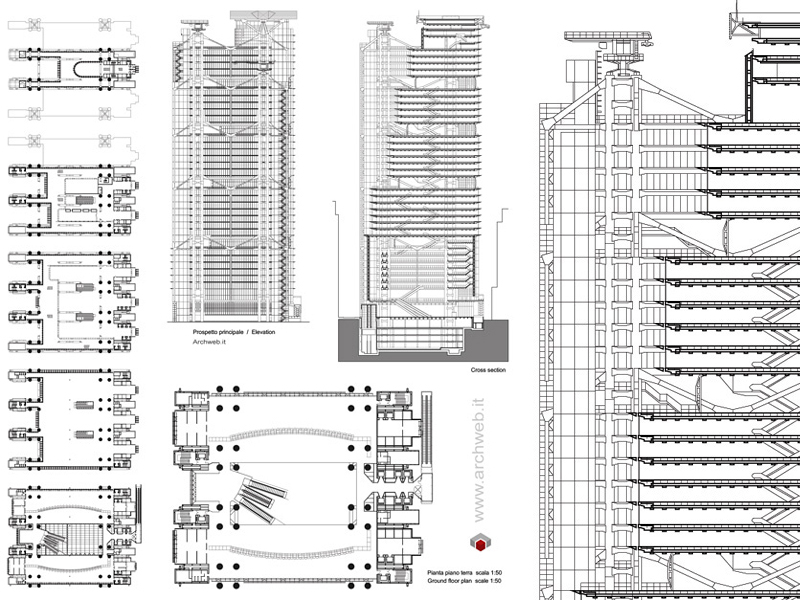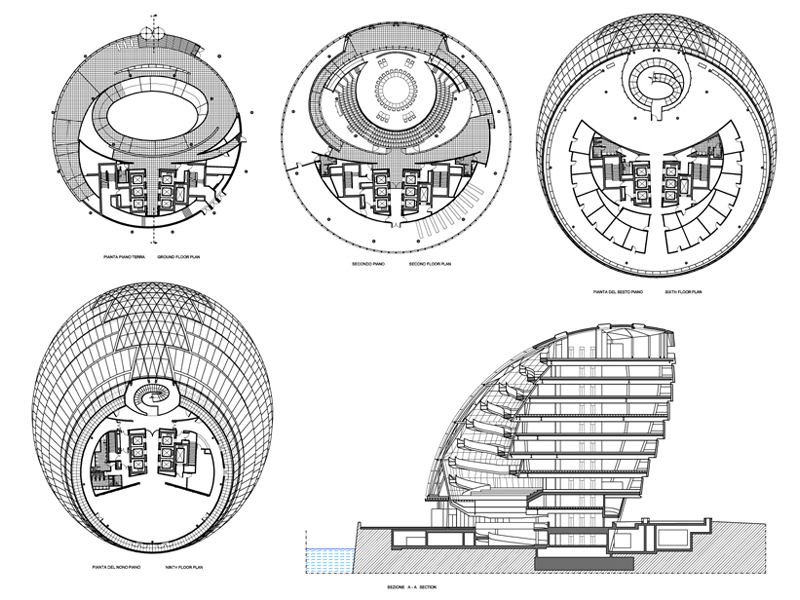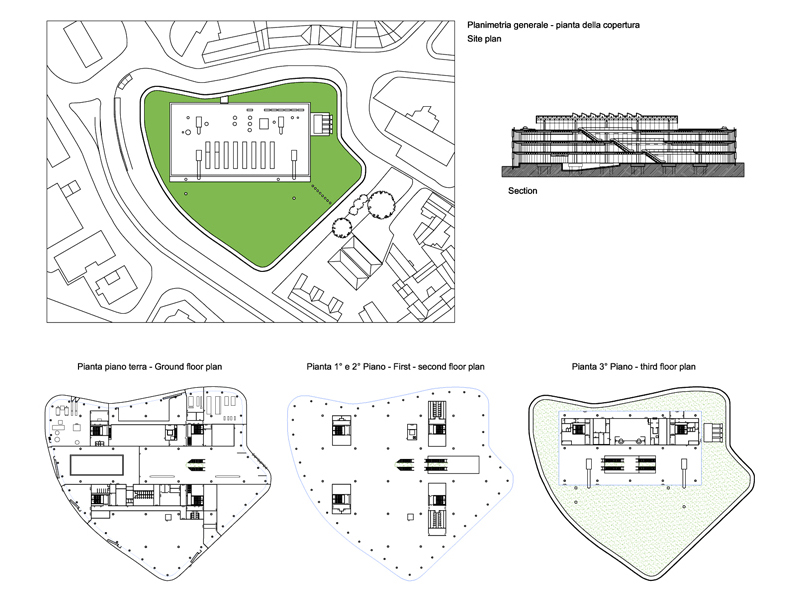- Construction technologies
- Contemporary Architectures
- Degree thesis in Architecture
- Expo Milano 2015 - All Pavilions
- Historic parks and gardens
- Historical Architectures
- Japanese Gardens
- Sport and free time
- Textures
- Various galleries
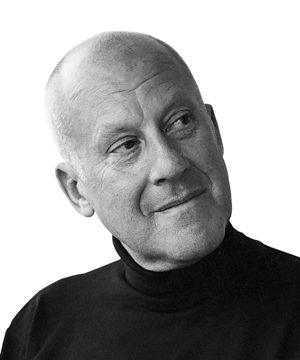
Norman Foster
British architect and designer (Stockport, 1 June 1935)
Norman Robert Foster, Baron Foster of Thames Bank, Kt, OM, RA (born 1 June 1935), is an English architect whose company, Foster + Partners, maintains an international design practice. He is the President of the Norman Foster Foundation.
“If you weren't an optimist, it would be impossible to be an architect”
The Norman Foster Foundation promotes interdisciplinary thinking and research to help new generations of architects, designers and urbanists to anticipate the future. The foundation, which opened in June 2017, is based in Madrid and operates globally.
He is one of the most prolific British architects of his generation. In 1999, he was awarded the Pritzker Architecture Prize, often referred to as the Nobel Prize of architecture.
Norman Robert Foster was born in 1935 in Reddish, two miles north of Stockport, then a part of Cheshire. The only child of Robert and Lilian Foster (née Smith), the family moved to Levenshulme, near Manchester, where they lived in poverty. His father was a machine painter at the Metropolitan-Vickers works in Trafford Park which influenced him to take up engineering, design, and to pursue a career designing buildings. His mother worked in a local bakery. Foster's parents were diligent and hard workers who often had neighbours and family members look after their son, which Foster later believed restricted his relationship with his mother and father.
Foster attended Burnage Grammar School for Boys in Burnage, where he was bullied by fellow pupils and took up reading. He considered himself quiet and awkward in his early years. At 16, he left school and passed an entrance exam for a trainee scheme set up by Manchester Town Hall, which led to his first job, an office junior and clerk in the treasurer's department. In 1953, Foster completed his national service in the Royal Air Force, choosing the air force because aircraft had been a longtime hobby.
Upon returning to Manchester, Foster went against his parents' wishes and sought employment elsewhere. He had seven O-Levels by this time, and applied to work at a duplicating machine company, telling the interviewer he had applied for the prospect of a company car and a £1,000 salary. Instead, he became an assistant to a contract manager at a local architects, John E. Beardshaw and Partners. The staff advised him, that if he wished to become an architect, he should prepare a portfolio of drawings using the perspective and shop drawings from Beardshaw's practice as an example. Beardshaw was so impressed with Foster's drawings that he promoted him to the drawing department.
In 1956, Foster began study at the School of Architecture and City Planning, part of the University of Manchester. He was ineligible for a maintenance grant, so he took part-time jobs to fund his studies, including an ice-cream salesman, bouncer, and night shifts at a bakery making crumpets. During this time, he also studied at the local library in Levenshulme. His talent and hard work was recognised in 1959 when he won £100 and a RIBA silver medal for what he described as "a measured drawing of a windmill". After graduating in 1961, Foster won the Henry Fellowship to Yale School of Architecture in New Haven, Connecticut, where he met future business partner Richard Rogers and earned his master's degree. At the suggestion of Vincent Scully, the pair travelled across America for a year.
Foster + Partners
In 1963, Foster returned to England and established his own an architectural practice, Team 4, with Rogers, Su Brumwell, and sisters Georgie and Wendy Cheesman. The team earned a reputation for their high-tech industrial designs. After the four separated in 1967, Foster and Wendy founded a new practice, Foster Associates. From 1968 to 1983, Foster collaborated with American architect Richard Buckminster Fuller on several projects that became catalysts in the development of an environmentally sensitive approach to design, such as the Samuel Beckett Theatre at St Peter's College, Oxford. In 1999, the company was renamed Foster + Partners.
Continue on Wikipdia…>>
Works and projects
How the download works?
To download files from Archweb.com there are 4 types of downloads, identified by 4 different colors. Discover the subscriptions
Free
for all
Free
for Archweb users
Subscription
for Premium users
Single purchase
pay 1 and download 1
